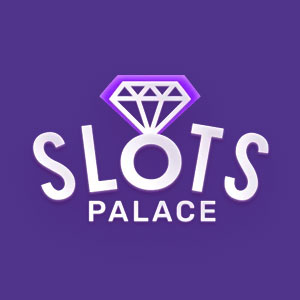Is Online Gambling Legal in Sweden?
The country operated under a state-run gambling monopoly for many years, where only a small number of government-controlled entities were allowed to offer betting and casino services. That changed in 2019, when the country officially opened its market to private operators under a new licensing system. The reform aimed to strengthen oversight, improve consumer protection, and bring previously unregulated gambling into the tax system.
Currently, online gambling is legal, but only at sites that hold a license from the national gambling authority. These operators must follow strict rules on player safety, responsible gambling, and payment transparency.
Offshore casinos, meanwhile, continue to be accessible to Swedish gamblers. These operators are not permitted to target the market, but enforcement against them remains limited. Players themselves are not penalized, but there are still many risk factors to consider in terms of reliability and support.
Gambling Regulators and Licensing in Sweden
National Gambling Authority
Sweden’s gambling market is regulated by Spelinspektionen (SGA), the authority responsible for overseeing all gambling activity in the country. Spelinspektionen handles licensing, monitors compliance, and has the authority to fine or shut down operators that break the rules.
Casinos that want to offer games to Swedish citizens must apply for a license and follow strict requirements around:
- Payment transparency
- Player identity verification and KYC
- Anti-money laundering compliance
- Responsible gambling enforcement
Enforcement and Access to Offshore Casinos
Despite this regulatory setup, many casinos that do not hold a license from Spelinspektionen are accessible from inside the country. These sites, even if licensed in other jurisdictions, are considered unauthorized. Spelinspektionen has the authority to:
- Block payment service providers from processing transactions from unauthorized brands.
- Order internet service providers to restrict access to blacklisted domains.
- Issue fines to companies marketing non-Swedish-licensed online casinos.
Players themselves are not subject to legal penalties for accessing offshore-licensed casinos. The responsibility falls on the operator, not the user. However, it still comes with trade-offs. These casinos fall outside national legal protection, and the SGA cannot resolve disputes or guarantee the security of player funds. If a site gets blacklisted, users can lose access to their existing account and balance, and recovery is not guaranteed.
Reliable Payment Methods for Fast Withdrawals in Sweden
The speed and flexibility of withdrawals at online casinos depend heavily on the payment methods supported. Players generally have access to a mix of banking tools and digital wallets, though availability varies depending on where the casino is licensed.
Widely Available Methods
These methods are the most common and are typically supported at domestically licensed casinos:
- Trustly
A direct bank payment system that connects to users’ bank accounts and is fully compatible with BankID. Trustly is standard across most platforms due to its security, ease of use, and strong local adoption. - Swish
A mobile app linked to bank accounts. Although it’s primarily used for deposits, some casinos also support it for withdrawals. Its integration with BankID makes it convenient, but it’s not universally accepted. - Visa/Mastercard
Traditional card payments remain a fallback option, even though they take longer to process payments than instant banking methods. Most casinos accept card withdrawals, though they may come with more processing steps depending on the issuer. - Bank Transfer
Transfers are reliable and widely supported, especially on SGA-licensed sites. Their biggest downside is that they take a few business days to process. This is compensated by the high security measures and broad acceptance as a withdrawal method.
Methods Mostly Found on Offshore Casinos
These options are more commonly available at casinos that operate internationally. They often come with more flexibility, but are less likely to be found at locally regulated casinos:
- E-wallets (Skrill, Neteller, Payz)
These digital wallets are popular for their convenience and ability to transfer funds quickly without exposing banking details. - Cryptocurrency (Bitcoin, Ethereum, Litecoin, Tether)
These methods are not allowed in the country, but remain popular on international brands due their speed, anonymity, and security.


